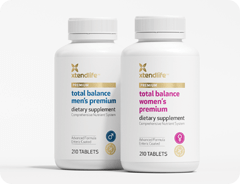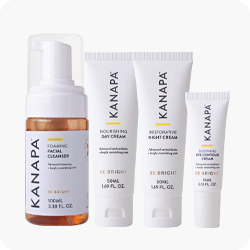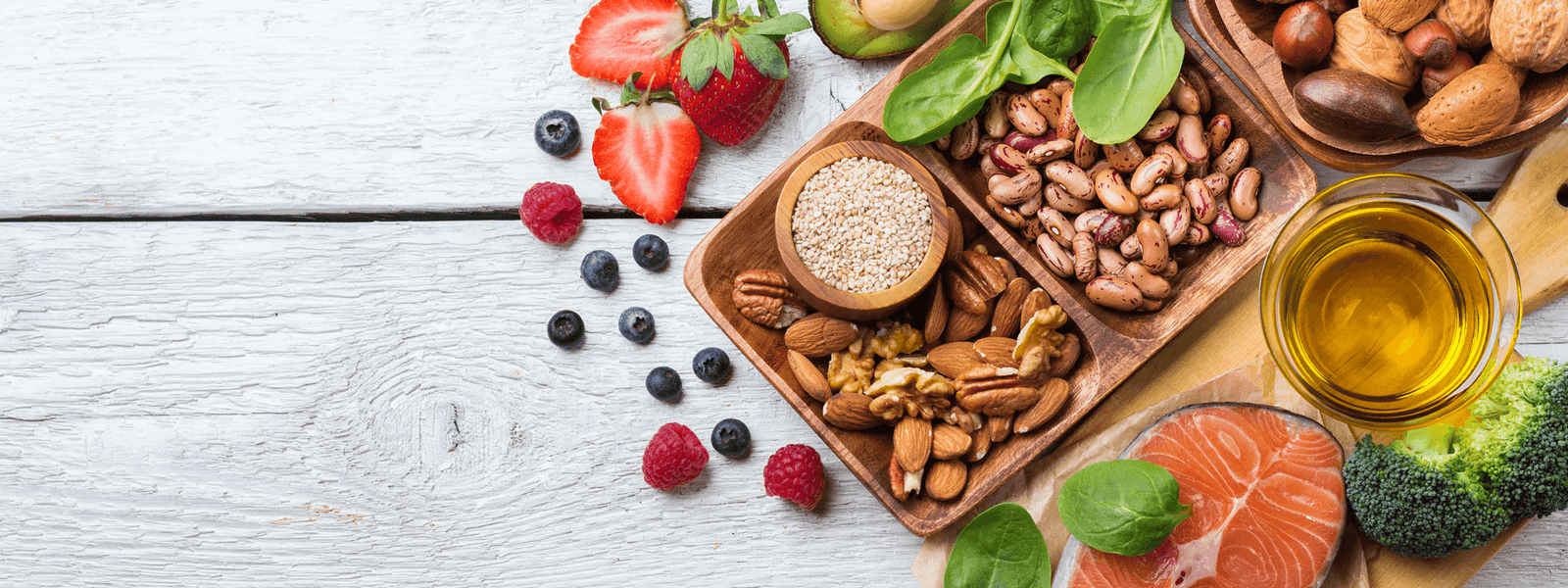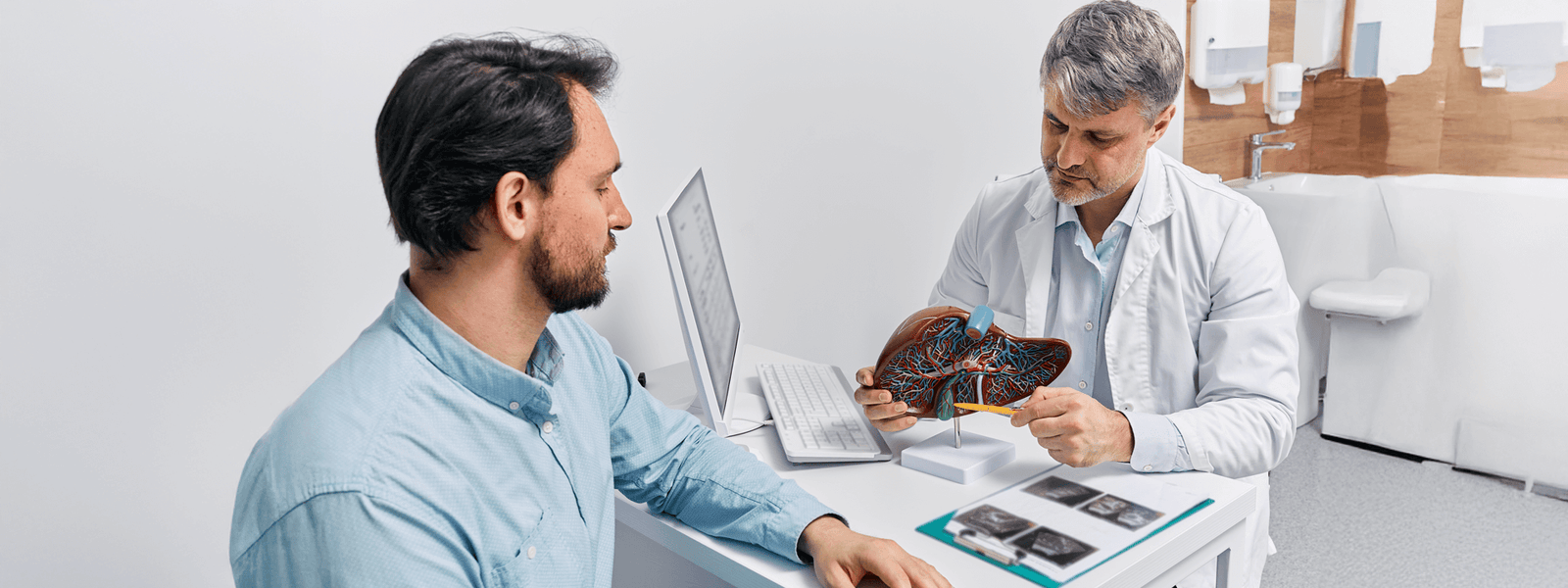There are things everyone can do to help reduce their cancer risk, what’s more many of these things will help you reduce the risk of other serious diseases while improving your odds of living a longer, healthier life, and who doesn’t want that for their family? Consider these tips;
Get to and maintain a healthy weight.
Being overweight puts you at risk for many cancers, whereas research suggests maintaining a healthy weight lowers the risk of various types of cancer, including cancer of the breast, prostate, lung, colon, and kidney.
Regular check-ups
In its early stages, cancer often has no symptoms. Regular screenings can help catch some cancers when they are small before they spread, which often is when they are easier to treat. In the case of colon and cervical cancer, these tests can prevent cancer from developing in the first place. Talk with your doctor about tests for breast, cervical, colon, prostate and lung cancers.
Eat to live
Our lives are busy; we are constantly on the run. Often this is impacting on how we eat. Remember back in the day when cancer was hardly heard of, same goes for processed foods or takeaways. Our fast paced lifestyles have taken over and it is impacting on our health. Studies show that eating a variety of different vegetables and fruits, whole grains and fish or poultry is linked to a lower cancer risk.
The American Cancer Society recommends (3):
- Eating less red meat (beef, pork and lamb) and less processed meat (sausages, bacon, luncheon meats and hot dogs).
- Eating 5 – 9 serves fresh fruits and vegetables each day
- Eating bread, pasta and cereals made from whole grains instead of over processed refined grains, and brown rice over white.
- Fewer sweets, sodas and less sugar.

Exercise
Not only is physical exercise good for the mind, it also helps control weight, research has shown physical activity might also lower your risk of colon and breast cancer.
As a general goal, include at least 30 minutes of physical activity in your daily routine — and if you can do more, even better. If you are finding this difficult start off with 3 x 10 minute brisk walks per day, 6 days a week. Dancing is another fantastic way to exercise – pull the curtains and bust out your moves, with the children, husband or even when hoovering - your body will thank you in the long run.
Smoking tobacco
Tobacco is responsible for nearly one out of every five deaths in America, which equals 480,000 premature deaths each year. Approximately 80% of lung cancer deaths are due to using tobacco products. Quitting has never looked so good, and if you don’t use tobacco products, don’t start.
For help quitting visit: cancer.org/quitsmoking.
Limit alcohol
Most people know that heavy drinking causes long-term health problems. But many people might be surprised to learn that alcohol also raises your cancer risk. (4) The more alcohol you drink, the higher your risk.
Long-term alcohol use has been linked to an increased risk of liver cancer, along with a higher risk of cancers of the colon and rectum a bigger surprise might be that even a few drinks a week have been linked with a higher risk of breast cancer. This risk may be especially high in women who do not get enough folate in their diet or through supplements. Cutting back on alcohol may be an important way for many women to lower their risk of breast cancer.
In Conclusion
A healthy lifestyle is the sum total of all of your choices, the culmination of all your habits and your daily decisions. Try using the 80/20 rule to manage your health. But, when it comes to your health you have to flip the rule and focus on 80% good. It is a rule about MODERATION. Yes, you can have that dessert. No, you cannot have dessert every night. Yes, you should exercise most days. No, you don’t have to beat yourself up if you skip a day.
If you spend the majority of your time making the right decisions, take cancer prevention into your own hands, the rewards will last a lifetime.
References:
- Cancer Research UK
- Cancer Research UK Statistics on preventable cancers
- American Cancer Society
- American Institute for Cancer Research (AICR)


 Supplements
Supplements Bundles
Bundles









